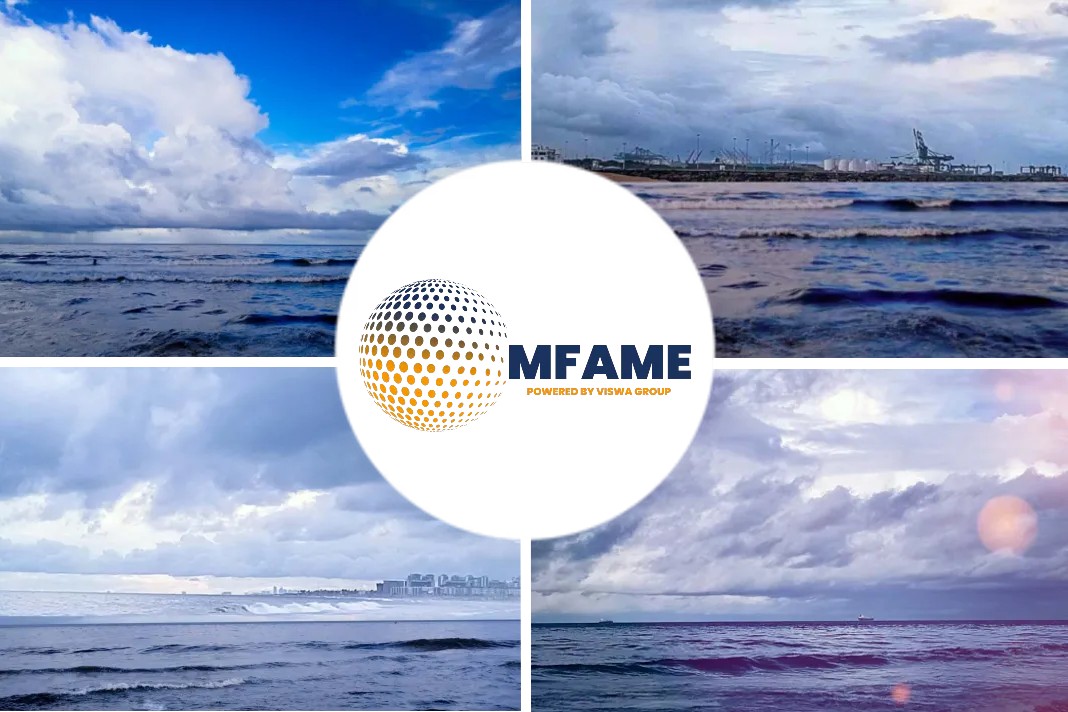- At the International Maritime Organization (IMO) meeting, countries urged ship operators to switch to cleaner fuels in Arctic waters.
- Ship operators have been urged to switch to cleaner fuels in the Arctic.
- It is under a resolution to cut black carbon emissions at the International Maritime Organization (IMO) last week.
What happens when heavy fuels are burnt
When burned, heavy fuel oil emits black carbon – sooty particles that absorb sunlight and trap heat in the atmosphere, contributing to global warming.
It is a particular problem in the Arctic, where it darkens the ice so it reflects less light back into space.
Between 2015 and 2019, black carbon emissions from ships increased by 85% in the Arctic, according to the Clean Arctic Alliance.
Supportive measures called from Governments
Campaigners welcomed the move, which they said could significantly cut pollution, but noted it was a voluntary measure and relied on governments to introduce supportive policies.
“If all shipping currently using heavy fuel oils while in the Arctic were to switch to distillate fuel, there would be an immediate reduction of around 44% in black carbon emissions from these ships,” said Sian Prior, from the Clean Arctic Alliance.
“If particulate filters were installed on board these vessels, black carbon emissions could be reduced by over 90%”, she added.
“It is questionable how many private companies will act as a result,” John Maggs, president of the Clean Shipping Coalition, told Climate Home News.
Resistance to binding action on black carbon
Saudi Arabia, the UAE and Russia resisted binding action on black carbon, according to Maggs. “There is likely to be ongoing hostility towards and blocking of the much needed mandatory measures at IMO, but now individual states have been given a green light to take action themselves,” he said.
Kenyan forest communities sidelined as government misses two billion tree target
Despite mounting pressure during Cop26, little headway was made on decarbonising the shipping industry – which emits around one billion tonnes of carbon dioxide equivalent every year.
Agreed IMO target
The agreed IMO target is to halve that by 2050 – and without further action, shipping emissions are projected to reach 90-130% of their 2008 levels.
Countries considered strengthening a global climate goal to reduce shipping emissions, but deferred a decision until 2023, when the IMO is set to review its long-term strategy.
While countries including the UK, US and Panama – which has the biggest flag registry – backed the Pacific resolution, major emerging economies including India and South Africa objected on equity grounds.
They said rich countries should act first and provide finance to help them transition to cleaner fuels.
Parameters of ambition were shifting
Despite the pushback, campaigners said the parameters of ambition were shifting. Several years ago, there was strong resistance to setting an absolute emissions goal for industry. At last week’s meeting, the debate centred on whether the target should be zero or net zero emissions.
Morocco accused of “greenwashing occupation” of Western Sahara
“Most of those who spoke were talking about absolute zero by 2050 and not net zero with ‘get out of jail free’ offsets,” said Maggs.
India, the UAE, Bahamas and Liberia were among the countries wanting to leave the door open to carbon offsets.
“It’s important that the IMO moves forward, focused on real in-sector emission reductions and not think it can instead use accountants to spirit away its climate impact,” said Maggs.
Did you subscribe to our daily Newsletter?
It’s Free! Click here to Subscribe
Source: Climate Change News
















